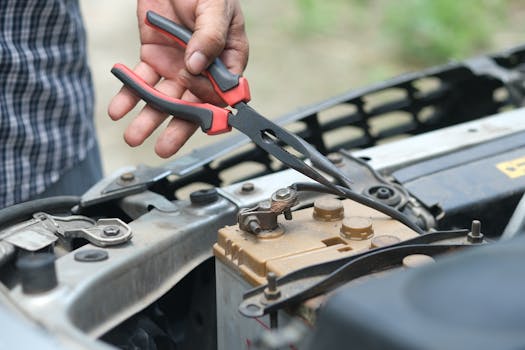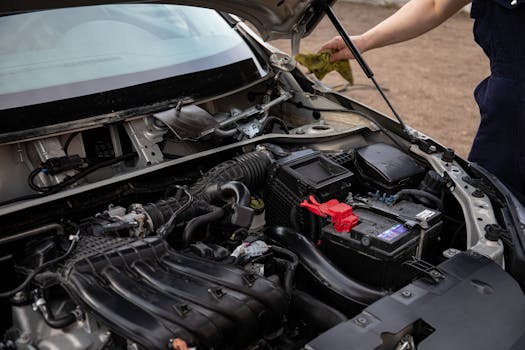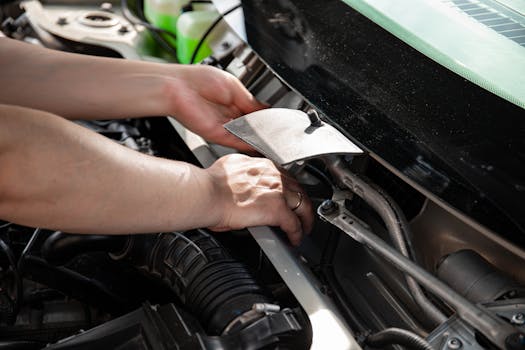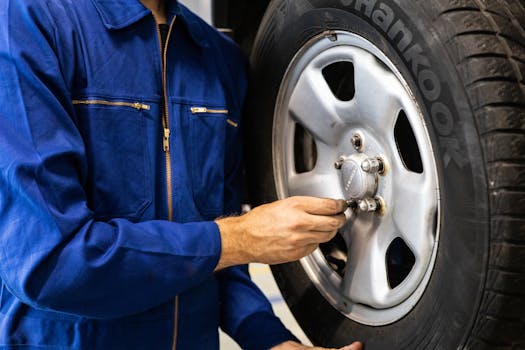
Essential Tips for Effective Car Engine Maintenance
Takeaways: Regular car engine maintenance is crucial for optimal performance and longevity. In this article, we will explore key practices such as oil changes, coolant checks, air filter replacements, and more, to help you keep your engine running smoothly.
Maintaining your car’s engine is a vital aspect of vehicle ownership that can significantly impact your car’s performance, fuel efficiency, and overall lifespan. Many car owners overlook engine maintenance, leading to costly repairs and decreased vehicle reliability. This article will provide you with essential tips and practices for effective car engine maintenance, ensuring that your vehicle stays in top condition.
The Importance of Regular Oil Changes
The engine oil is the lifeblood of your car’s engine. It lubricates the moving parts, reduces friction, and helps to regulate temperature. Over time, engine oil can become contaminated with dirt, debris, and other contaminants, reducing its effectiveness.
It is essential to change your engine oil regularly, typically every 3,000 to 5,000 miles, depending on your vehicle’s make and model. Consult your owner’s manual for specific recommendations. Using the right type of oil is equally important; synthetic oils often provide better protection and longevity compared to conventional oils.
Checking and Maintaining Coolant Levels

Check your coolant levels regularly, especially before long trips or during extreme weather conditions. Ensure that you use the correct type of coolant specified in your vehicle’s manual. If you notice that your coolant levels are consistently low, this could indicate a leak in the system that needs to be addressed.
Air Filter Replacement

A clean air filter improves airflow and enhances engine performance. If you often drive in dusty conditions, you may need to replace your air filter more frequently. Regular maintenance of the air filter can lead to better fuel economy and extend the life of your engine.
Regular Spark Plug Inspection
Spark plugs are a critical component of your engine’s ignition system. They ignite the air-fuel mixture in the combustion chamber, and worn or dirty spark plugs can lead to misfires, reduced power, and increased fuel consumption.
Check your spark plugs regularly and replace them according to your vehicle’s maintenance schedule. Signs of wear include corrosion, cracks, or a buildup of deposits. Replacing spark plugs at the recommended intervals can improve engine performance and fuel efficiency.
Keeping the Battery in Good Shape

Test your battery’s voltage regularly and replace it every 3 to 5 years to avoid unexpected breakdowns. A weak battery can lead to starting problems and may affect the performance of other electrical systems in your vehicle.
Conclusion








